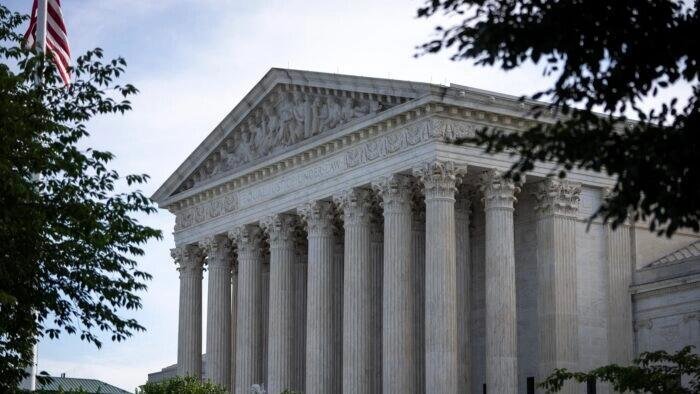The Supreme Court recently ruled that more than 200 judges on the Patent Trial and Appeal Board (PTAB) were appointed unconstitutionally. Chief Justice John Roberts wrote the opinion in the case of U.S. v. Arthrex Inc., stating that the issue could potentially be resolved if the board’s director exercised greater oversight over the judges.
The PTAB operates under the Patent and Trademark Office (PTO), which is part of the Department of Commerce and overseen by a Senate-confirmed director. The board, established in 2011, is composed of judges and administrative patent judges selected by the Secretary of Commerce.
In the case of Arthrex Inc., which focuses on medical devices, an issue arose regarding a patent infringement claim. The Federal Circuit eventually found that the appointment of the APJs violated the Appointments Clause of the Constitution.
The Supreme Court, in a 5-4 decision, determined that the APJs’ authority was inconsistent with their unconstitutional appointment. However, a 7-2 majority agreed that allowing the PTO director to review and modify the judges’ decisions could remedy the situation.
Justice Clarence Thomas dissented, arguing that the APJs were not principal officers and did not require Senate confirmation. The Court’s decision highlights the importance of accountability and proper appointment procedures in the federal government.
Overall, the ruling sheds light on the complexities of the Appointments Clause and the need for adherence to constitutional principles in the appointment of federal officers.
Loading…

